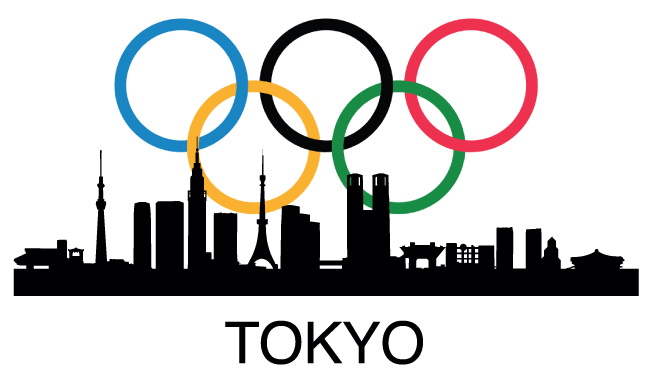After listening to International Olympic Committee President Thomas Bach speak today at a press conference following a meeting of his executive board, it seems the Tokyo Games are on track for 2021–although they will be produced differently than any of their predecessors.
Citing “another very encouraging, precise report” on the status of the Olympics received during the board meeting, Bach noted “progress is being made on producing an Olympic Games fit for a post-Corona world.”
As he pointed out, “Our world will never be as it was at the beginning of this year,” which also means changes made for Tokyo will be considered in planning for the 2022 winter Olympics in Beijing and the 2024 summer Olympics in Paris. While in the past there were “a number of nice-to-haves” in connection with the Games, Bach mentioned, one major initiative will be “simplification, to see how can we concentrate on the essentials of the Games.”

There already has been $280 million saved through more than 50 measures agreed upon by the organizing committee and the IOC. There has been progress on Covid counter-measures, Bach said, commenting about “the potential arrival of a vaccine” and rapid testing to determine who has the disease.
He sees such developments as “methods to be added to the tool box” of how to put on a Games. It is estimated that the one-year postponement of the Olympics will result in $800 million in additional costs, to be added to a total for presenting the Games slated as $12.6 billion at the end of 2019.
Bach noted what has been learned about handling Covid since March offers leads “for good progress in addressing the challenge of the virus,” which will be at the disposal of the IOC and Games organizers next year.
Asked whether the Games could be held behind closed doors without spectators should there be a massive second wave of Covid-19, Bach said he couldn’t speculate on what the situation will be nine or ten months from now. But he did note that even during what some say is a second wave happening now in a number of locations, both professional and amateur sports, including world championships in cycling and triathlon, are being held around the world. At the same time, he didn’t know if the Games organizers will be able to “fill the stands to their full capacity” next July or if social distancing restrictions still will need to be in effect.
Christophe Dubi, the IOC sports director and deputy Olympic Games executive director, noted “there are a number of scenarios” that are possible, and that as things unfold, organizers will “know which tools we’ll use.” Answering a question about what will happen to the opening ceremonies, usually a highlight of the Games, he pointed out it is a “massive undertaking” that “has to be adjusted to a sign of the times.”
Bach is so optimistic that said he can “encourage the Japanese people who have doubts to have confidence in their own efficiency and organizing committee.”
